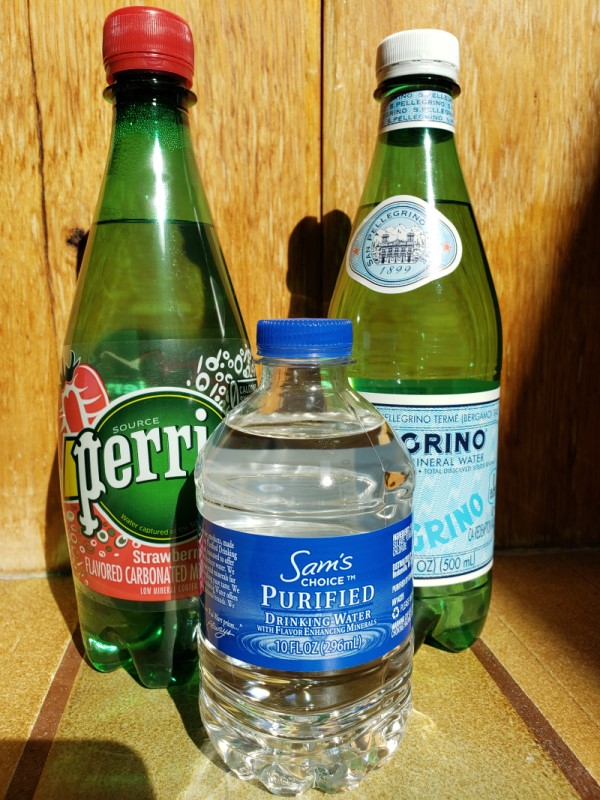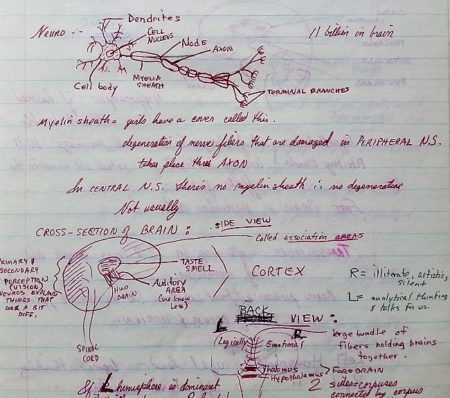In this “Trick or Treat” Curated Article Excerpts edition celebrating Halloween (next week), we offer diverse article excerpts, beginning and ending with scary information. In between are guidelines for the Medicare Annual Enrollment period (now through December 7, 2019), a new Alzheimer’s drug that may slow the disease’s progress, and an article about cursive (handwriting).
Microplastics – Should We Worry About Ingesting Them?

“Drink water they said.” So, we bought cases of bottled water to remain hydrated every hour of the day. Then they said, “Plastic bottles are polluting our lands and oceans.” We began using multi-use bottles. “Don’t use the plastic reusable bottles, they contain harmful chemicals,” they said. We started using stainless steel or glass bottles. After all these years, we learn that we’re ingesting microplastics – particles of plastic in our bottles and even in the air we breathe. What effect do they have on our health? This Time article illuminates the microplastic synthetic polymer particles found in 93% of the bottles tested, including 11 popular brands in the U.S.
Medicare Open Enrollment Guide
Medicare Open Enrollment begins October 15 until December 7, 2019. This is an opportunity to make changes to your Medicare health and drug coverage for 2020. Katie Tu of QuoteWizard by LendingTree shares this helpful guide by Bryan Ochalla that overviews what changes can be made and what happens if you miss the period.
Handwriting for Your Brain

Studies show that handwriting rather than typing, engages more of the brain allowing us to recall and be more creative. Other benefits include people being able to better deal with their feelings when journaling by hand rather than typing. Additionally, doctors who write notes by hand have a greater rapport with patients than those typing in a computer.
Biogen’s Alzheimer’s Drug Slows Decline
Biogen Inc. said an Alzheimer’s treatment (aducanumab) it had given up on in spring of this year may work after all to slow the disease’s progress. The company’s researchers analyzed results from three months more of treatment data than were available when the trials were halted, one of two trials turned out to be clearly positive.
Nursing Home Abuse: Signs, Symptoms & Resources to Help
Key facts and figures in the following areas – Elderly and Nursing Home Abuse across the U.S. and the World and its Impact, Signs and Symptoms of Abuse and Tips for Addressing Abuse. The World Health Organization found (per this article) that two in three nursing home staff members reported they had committed abuse in the past year with the greatest type being psychological. Such abuse leaves residents feeling fearful, anxious, and helpless.








